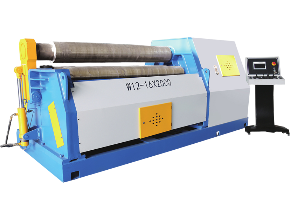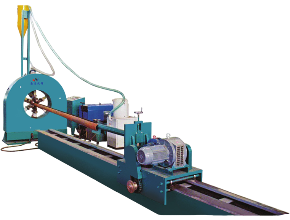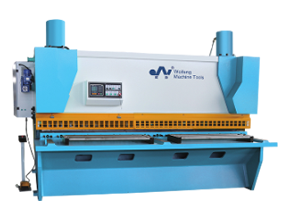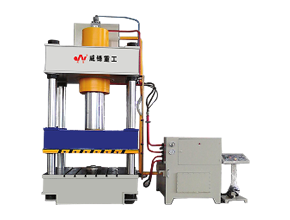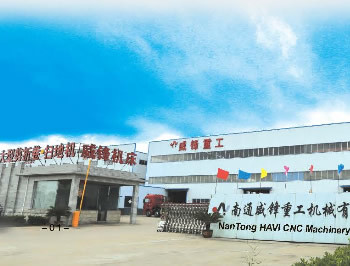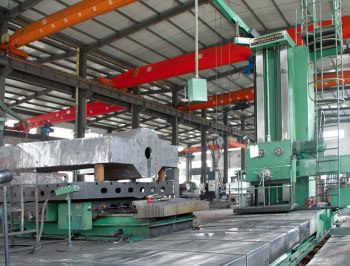Understanding CNC Rolling Machines: Revolutionizing Sheet Metal Processing
Release Time:
2025-08-04


One of the primary advantages of CNC rolling machines is their ability to produce complex shapes with minimal manual intervention. Operators can input specific design parameters into the machine's computer system, enabling it to execute intricate rolling tasks with precision. This not only reduces the potential for human error but also speeds up the production process, allowing manufacturers to meet tight deadlines and increasing overall productivity.
CNC rolling machines come in various configurations, catering to different material thicknesses and rolling capacities. They can handle a wide range of materials, including stainless steel, aluminum, and other metals, making them versatile tools for various sectors, from automotive to aerospace and beyond. The adaptability of CNC rolling machines ensures they can be customized to meet the unique specifications of each project.
In addition to their operational efficiency, CNC rolling machines are also designed with safety in mind. Many modern models incorporate features such as emergency stop buttons, safety guards, and user-friendly interfaces, minimizing the risk of accidents and injuries in the workplace. This focus on safety makes them an attractive choice for manufacturers looking to enhance their operational environment.
Another significant benefit of using CNC rolling machines is the potential for cost savings in the long run. While the initial investment may be higher than conventional rolling machines, the long-term gains in efficiency, reduction in waste materials, and decreased labor costs often offset this expense. Additionally, the ability to produce high-quality parts with consistent results can contribute to customer satisfaction and loyalty.
In summary, CNC rolling machines represent a significant advancement in metal processing technology. Their precision, versatility, and safety features make them invaluable assets for manufacturers looking to improve their production capabilities. As industries continue to evolve, the adoption of CNC rolling machines is likely to grow, further shaping the future of the manufacturing landscape. Understanding the fundamental principles and benefits of these machines is crucial for professionals in the field aiming to stay competitive and innovative.
Related News
NanTong HAVI CNC Machinery Co., Ltd.
Phone/WhatsApp: +86 17606524813
Address: Libao Development Area,HaiAn jiangsu China
COOKIES
Our website uses cookies and similar technologies to personalize the advertising shown to you and to help you get the best experience on our website. For more information, see our Privacy & Cookie Policy
COOKIES
Our website uses cookies and similar technologies to personalize the advertising shown to you and to help you get the best experience on our website. For more information, see our Privacy & Cookie Policy
These cookies are necessary for basic functions such as payment. Standard cookies cannot be turned off and do not store any of your information.
These cookies collect information, such as how many people are using our site or which pages are popular, to help us improve the customer experience. Turning these cookies off will mean we can't collect information to improve your experience.
These cookies enable the website to provide enhanced functionality and personalization. They may be set by us or by third-party providers whose services we have added to our pages. If you do not allow these cookies, some or all of these services may not function properly.
These cookies help us understand what you are interested in so that we can show you relevant advertising on other websites. Turning these cookies off will mean we are unable to show you any personalized advertising.


